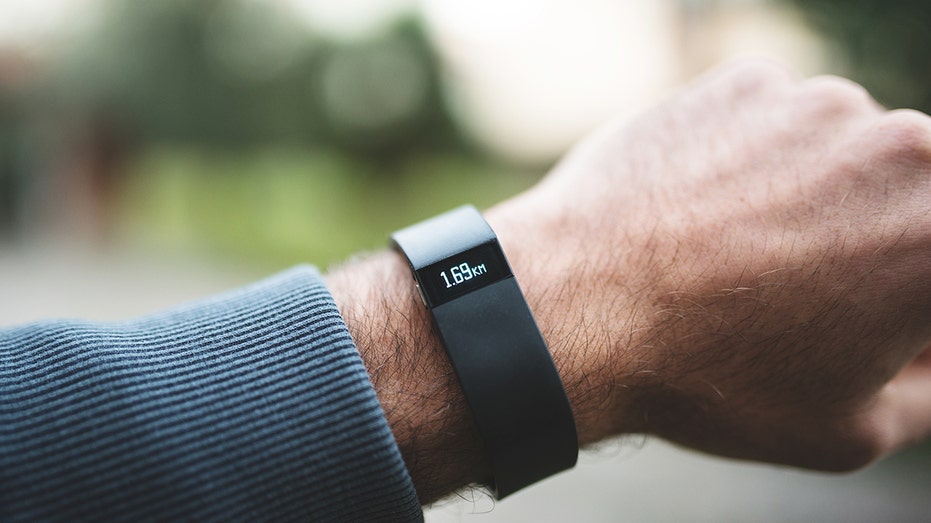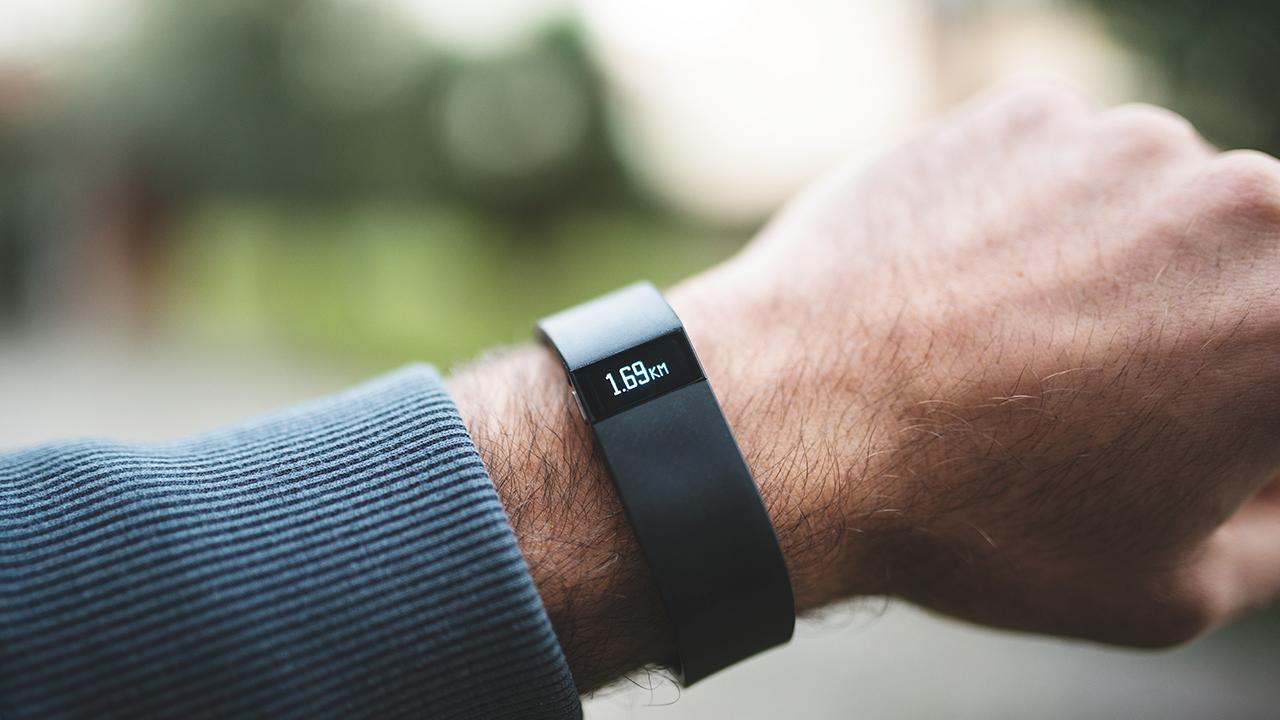Fitbit prepares to take on Apple with dangerous heart condition detection
Fitbit is partnering with pharmaceutical companies Bristol-Myers Squibb and Pfizer in order to take on Apple and make its wearable devices capable of warning users about a serious health issue.
The companies said on Thursday that they plan to seek U.S. Food and Drug Administration clearance to add atrial fibrillation – better known as AFib – detection software to Fitbit’s wearables in order to aid “timely diagnosis” of the condition, which is a common type of irregular heartbeat and risk factor for strokes.
Angela Hwang, group president of Pfizer Biopharmaceuticals Group, said wearables like the result of this collaboration “may potentially help patients and physicians detect and understand heart rhythm irregularities.”
“We’re in a new era of healthcare, where’ we’re not only focused on developing treatments but also looking at the potential of technology and data to help patients learn more about their health,” Hwang said.

Closeup of a Fitbit Force on a wrist. Fitbit Force is the sport fitness tracker that can allow you to track your daily activity, calories burned, sleep and weight.
James Park, Fitbit’s co-founder and CEO, said millions of people are affected by AFib. Researchers have projected that 8 million people in the U.S. will be affected by AFib this year, and the number is expected to rise as the population ages.
“With our continuous, 24-7 on-wrist health tracking capabilities, and our experience delivering personalized, engaging software and services, we believe we can develop content to help bridge the gaps that exist in atrial fibrillation detection, encouraging people to visit their doctor for a prompt diagnosis and potentially reduce their risk of stroke.”
AFib can develop without showing symptoms, and studies have suggested that more than 25 percent of people with AFib find out they have it after suffering a stroke. The Bristol-Meyers Squibb-Pfizer Alliance will also work with Fitbit to develop educational content for people at increased risk of AFib, the companies announced.
Fitbit wouldn’t be the first tech company to add AFib detection to its devices. Series 4 Apple Watches added heart readings last year, and the company worked with Stanford Medicine to test the accuracy of the devices and found that they could detect AFib. They found that about 0.5 percent of study participants received an “irregular heart rhythm warning,” and 34 percent of those who followed up with doctors were found to have the condition.




















